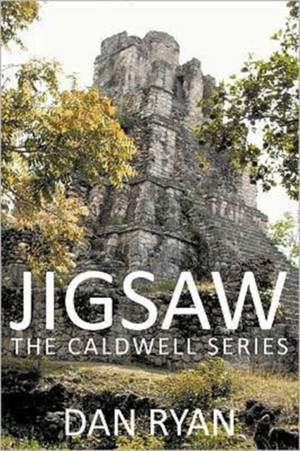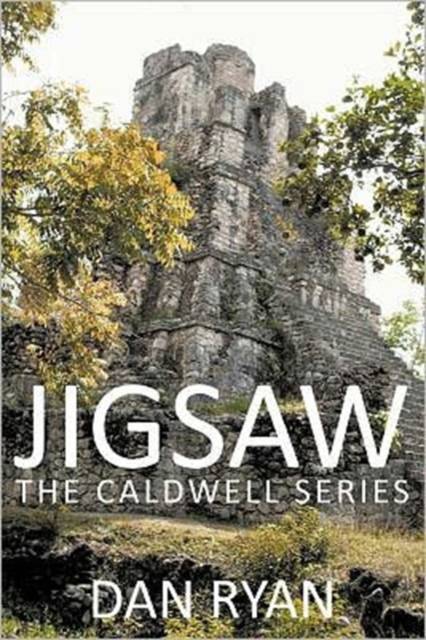
- Afhalen na 1 uur in een winkel met voorraad
- Gratis thuislevering in België vanaf € 30
- Ruim aanbod met 7 miljoen producten
- Afhalen na 1 uur in een winkel met voorraad
- Gratis thuislevering in België vanaf € 30
- Ruim aanbod met 7 miljoen producten
Zoeken
Omschrijving
Jigsaw: is a continuation of the story begun in Admiral's Son General's Daughter. This book describes in vivid detail what may have occurred in the United States Military during the Roosevelt Presidential administration. The narration is by the grandson of a career naval officer, born in Beaufort, South Carolina. He will serve within the Office of Naval Intelligence in the Army Navy Building, Washington D.C. The explosive historical events of 1903 through 1906 are carefully followed. The imagination of the author provides rich characters in powerful settings from the jungles of Central America to the capitals of the European countries just prior to World War I. The many relationship stories between a man scorned and women incapable of love are woven throughout the book when the grandson graduates from law school and interviews with the United States Jag Corps. He is unaware that his father and his Uncle Theodore Roosevelt have decided to tap his knowledge of the law and his photographic memory to become one of this countries most successful counter intelligence officers. Scenes are set carefully with attention to accurate research of the low country of South Carolina as well as our Nation's Capital circa 1903-1906. The second edition of People's Standard History of the United States written by Edward S. Ellis and published in 1906 by Western Book Syndicate and copyrighted by the Woolfall Company have provided background materials, maps and photographs of the period, and needed information on how the federal government was organized and functioned during this period of history.
Specificaties
Betrokkenen
- Auteur(s):
- Uitgeverij:
Inhoud
- Aantal bladzijden:
- 384
- Taal:
- Engels
Eigenschappen
- Productcode (EAN):
- 9781452061849
- Verschijningsdatum:
- 10/09/2010
- Uitvoering:
- Paperback
- Formaat:
- Trade paperback (VS)
- Afmetingen:
- 152 mm x 229 mm
- Gewicht:
- 562 g

Alleen bij Standaard Boekhandel
+ 37 punten op je klantenkaart van Standaard Boekhandel
Beoordelingen
We publiceren alleen reviews die voldoen aan de voorwaarden voor reviews. Bekijk onze voorwaarden voor reviews.











